Iran Press/ Iran news: China won't let the United States act according to "the law of the jungle" in international relations, China's Ambassador to Moscow, Zhang Hanhui, said in a special interview with TASS.
"Non-interference in domestic affairs is the most fundamental principle of maintaining peace and stability in our world and we cannot allow for 'the law of the jungle' to dominate again in transnational relations," he noted.
The envoy reiterated that several days ago, Russian Foreign Minister Sergey Lavrov asserted that "the US attempts to prove its impunity to the world" and that its policy can be described as "I am doing whatever I want to."
"I would like to say to the United States directly that Chinese people will never let foreign forces to intimidate, harass or enslave us. China used the utmost diplomatic effort in order to prevent this crisis that was imposed on it," the diplomat added.
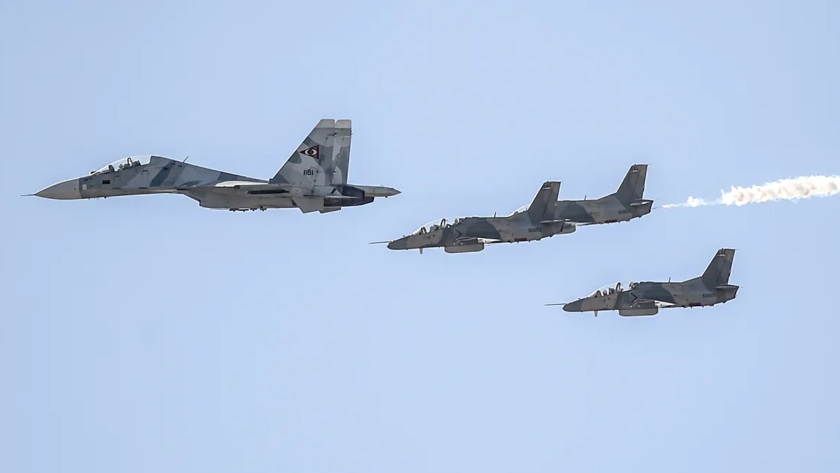
Zhang Hanhui pointed out that China "will never let harm the country's main interests and undermine the process of national revival, it will never watch indifferently how the US is playing 'the Taiwanese card' for internal political reasons and in the mercenary interests of certain American politicians, it will never accept the attempts to pump up tensions, provoke confrontations and increase rifts in the region."
The ambassador stressed that to preserve peace and stability in the Taiwan Strait; the American side "has to stand by its word and uncompromisingly observe the 'One China' principle and three joint China-US communiques."
"All countries worldwide should realize the reason and nature of the current crisis, jointly withstand the schemes and provocations by the American side, continue to support China's legitimate position and measures and work together on maintaining peace in the region and the Taiwan Strait," he noted.
West already started 'expanding NATO eastward' in Asia
"The US is trying to use the same tactics against China to create a crisis in the Taiwan Strait in order to prevent the development and rise of China, to interfere in its domestic affairs, to transfer China's domestic affairs to the international level, to exhaust and contain it through war and sanctions," Zhang Hanhui emphasized.
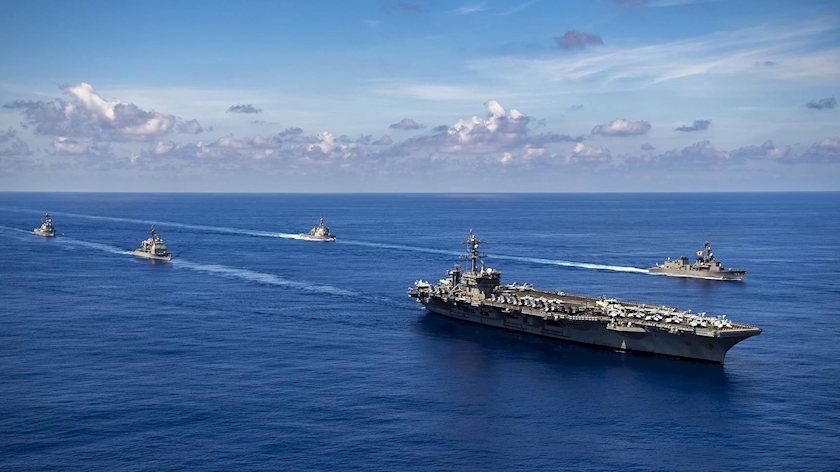
The United States' actions against Taiwan indicate that the West has begun to apply the 'NATO Expansion to the East' concept in the Asia-Pacific region, Chinese envoy to Russia Zhang Hanhui said in an exclusive interview with TASS.
"This (US actions around Taiwan - TASS) cannot be regarded as anything else but the Asia-Pacific version of 'NATO Expansion to the East'," he said.
"The US is trying to use the same tactics against China to create a crisis in the Taiwan Strait in order to prevent the development and rise of China, to interfere in its domestic affairs, to transfer China's domestic affairs to the international level, to exhaust and contain it through war and sanctions," the diplomat emphasized.
The US is spreading the undetermined Taiwan status theory worldwide
Zhang Hanhui pointed out that the United States was actively playing the Taiwan card lately in attempts to contain China and was constantly "distorting and emasculating" the One China principle, intensifying official contacts with Taiwan and helping it to strengthen so-called asymmetric war capabilities
The US is spreading a so-called uncertain status of Taiwan theory on the international scene and supporting the proponents of the island's independence in their separatist activities, China's ambassador added.
He pointed out that the United States was actively playing the Taiwan card lately in attempts to contain China and was constantly "distorting and emasculating" the One China principle, intensifying official contacts with Taiwan and helping it to strengthen the so-called asymmetric war capabilities.
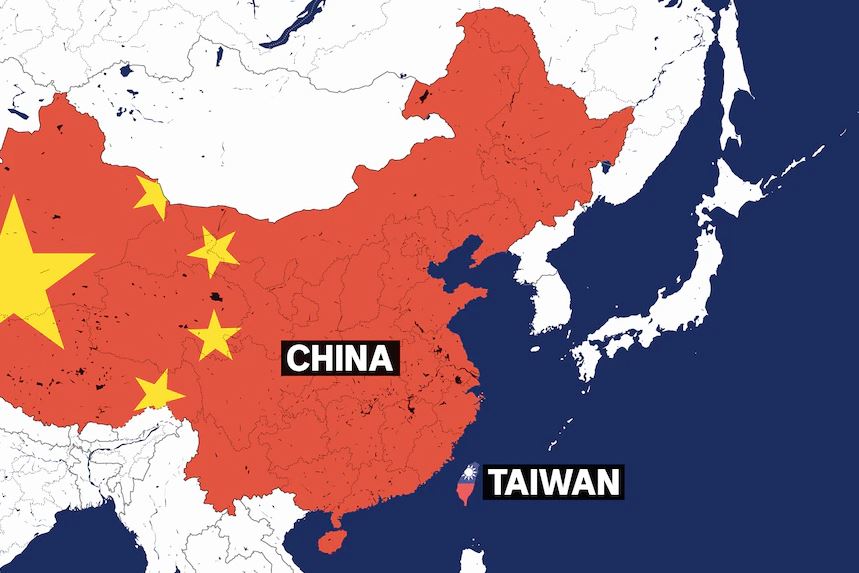
"On the international scene, the United States is spreading the so-called theory of Taiwan's undetermined status and supporting the proponents of the so-called independence of Taiwan in their separatist activities," Zhang said.
"What is this, if not a change in the One China policy, declared by the Americans themselves?" Zhang pointed out. "We hope that the American side will stop distorting the facts, putting the blame at somebody else's door, aggravating the situation and expanding the crisis, and will eventually take practical steps to comply with the One China principle and the provisions of the three Sino-US joint communiques."
Zhang stressed that the US House of Representatives Nancy Pelosi's visit to Taiwan was a severe mistake, and the Americans had no right to repeat the same error. He recalled that the executive, legislative and judicial branches of power were part and parcel of the US government machinery and must abide by the One China policy. In contrast, the separation of powers could not excuse any meddling in China's internal affairs.
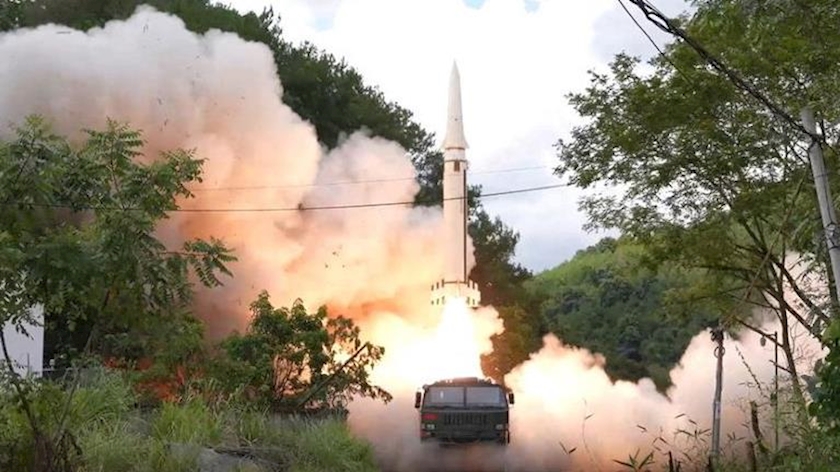
"Pelosi is number two in the US presidential line of succession and number three in the US political hierarchy. She performs any foreign policy actions as a representative of the US government. By visiting Taiwan Pelosi openly supported the 'Taiwan independence' forces. She placed herself side by side with the separatists and took a hostile stance against the Chinese people," Zhang added.
China gives a legitimate response to "villains" who meddle in Taiwan's issue
According to Zhang Hanhui, the US administration "created a bad precedent" with its actions over Taiwan
After provocative actions by the United States, China is giving a strict but reasonable and legitimate response to the "villains" who interfered in the Taiwan issue, China's ambassador to Russia, Zhang Hanhui, told TASS.
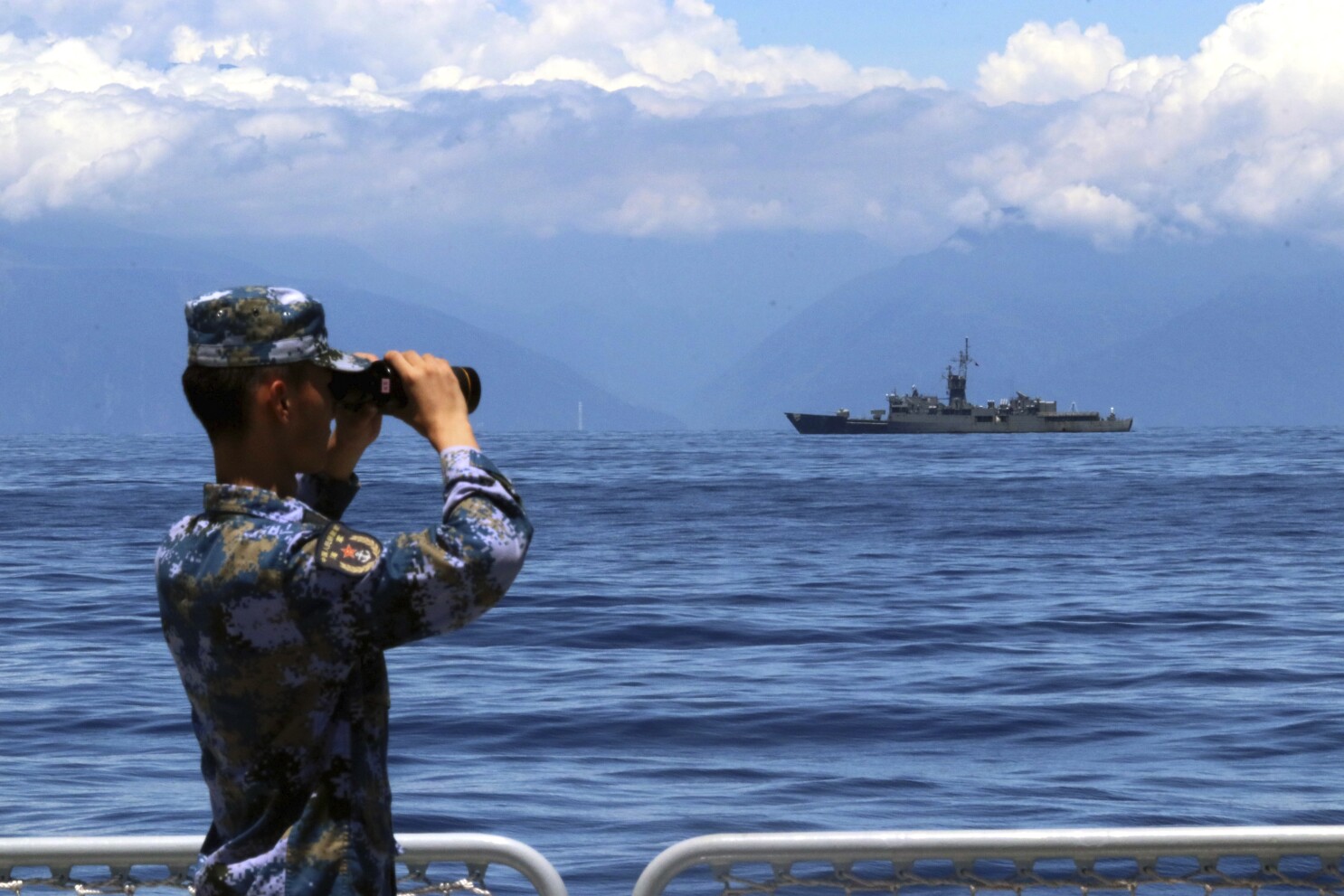
"Only after a malicious provocation by the United States China took legitimate action to protect its interests. It is quite natural that China's response is tough. Our position is fair, justified and legitimate. Our measures are firm, resolute and proportionate. And our military exercises are open, transparent and professional. They comply with domestic legislation, international law and international practice and are designed to send a warning to the villains and punish the forces that advocate so-called 'Taiwan independence'," Zhang said.
He stressed that US House of Representatives Speaker Nancy Pelosi had visited Taiwan in defiance of intense protests and repeated warnings from Beijing. Her visit to the island took place against the backdrop of "connivance and organizational support" from the US government. "This is a serious infringement on China's sovereignty and gross interference in China's internal affairs. It seriously violates the commitments assumed by the United States and undermines peace and stability in the Taiwan Strait," Zhang stressed.
"The United States should not be under the delusion that it is capable of making black look white at its discretion. It is clear to everyone what led to the aggravation of the situation in the Taiwan Strait and who should bear responsibility for this," Zhang stated. He warned that even after provoking a crisis situation, the United States continued to escalate tensions. The US administration "created a bad precedent" with its actions over Taiwan.
"If there were no retaliatory actions to correct such a bad precedent, what would happen to the principle of non-intervention in internal affairs? How can we further protect international law and ensure peace in the region?" Zhang asked.
Taiwan issue
Nancy Pelosi's trip to Taiwan on August 2-3 drew sharp criticism from mainland China. Beijing had repeatedly warned Washington that it would retaliate if Pelosi, who occupies third place in the US government hierarchy, visited Taiwan. On August 4, the Chinese military began large-scale exercises, including rocket launches in six areas around Taiwan. These exercises were supposed to end at noon on Sunday (07:00 Moscow time), but, as China's Defense Ministry said, they were prolonged indefinitely.
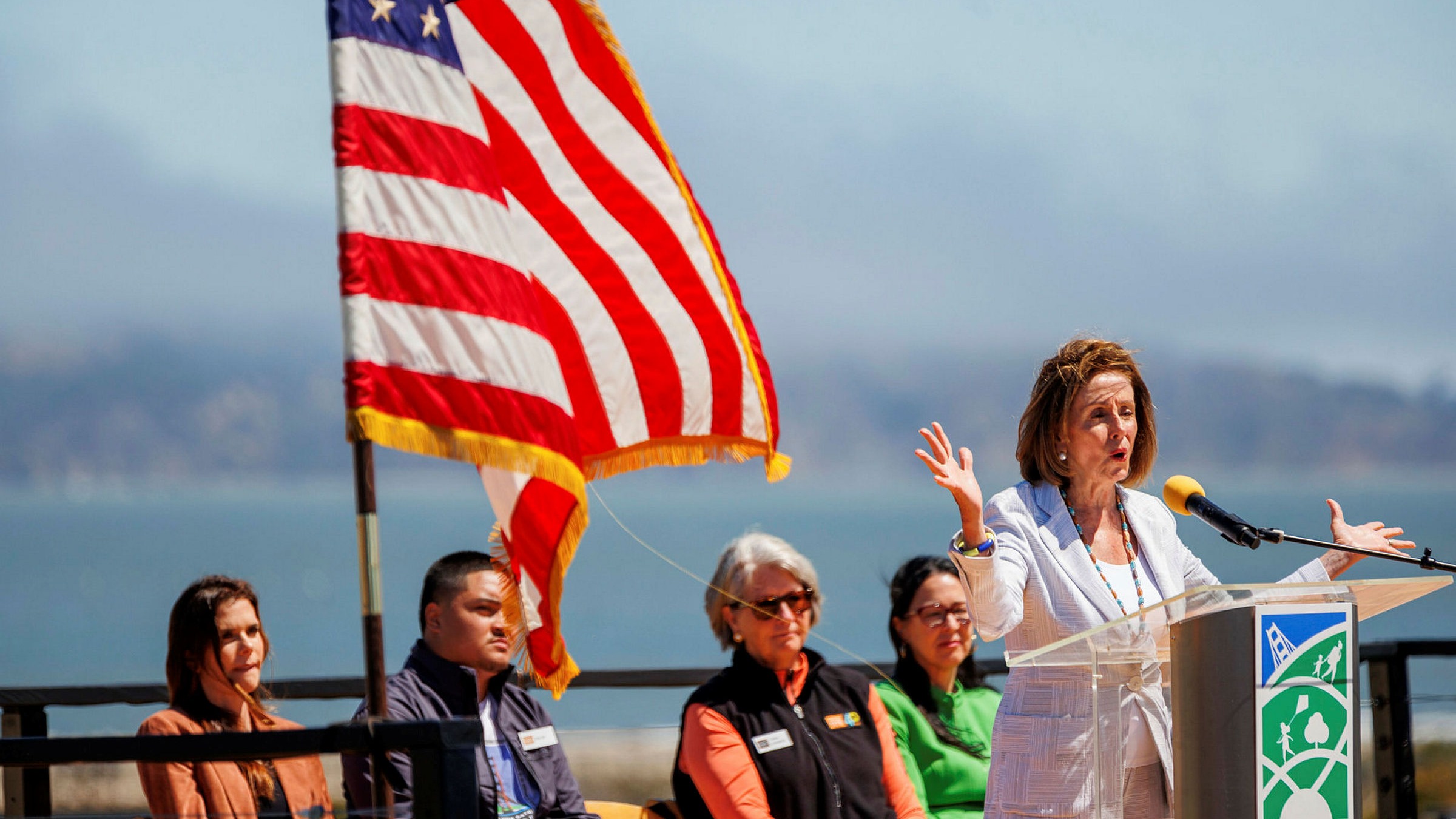
Its own administration had governed Taiwan since 1949, when the remnants of the Kuomintang forces under Chiang Kai-shek (1887-1975) fled to the island after being defeated in the Chinese civil war. Taipei had since retained the flag and some other attributes of the former Republic of China, which had existed on the mainland before the Communists came to power.
According to Beijing's official position, supported by most countries, including Russia, it is one of China's provinces.
205
Read More:
Taiwan is Chinese territory, not a part of US: China's FM
China sanctions US House Speaker after Taiwan trip
Hossein Vaez

